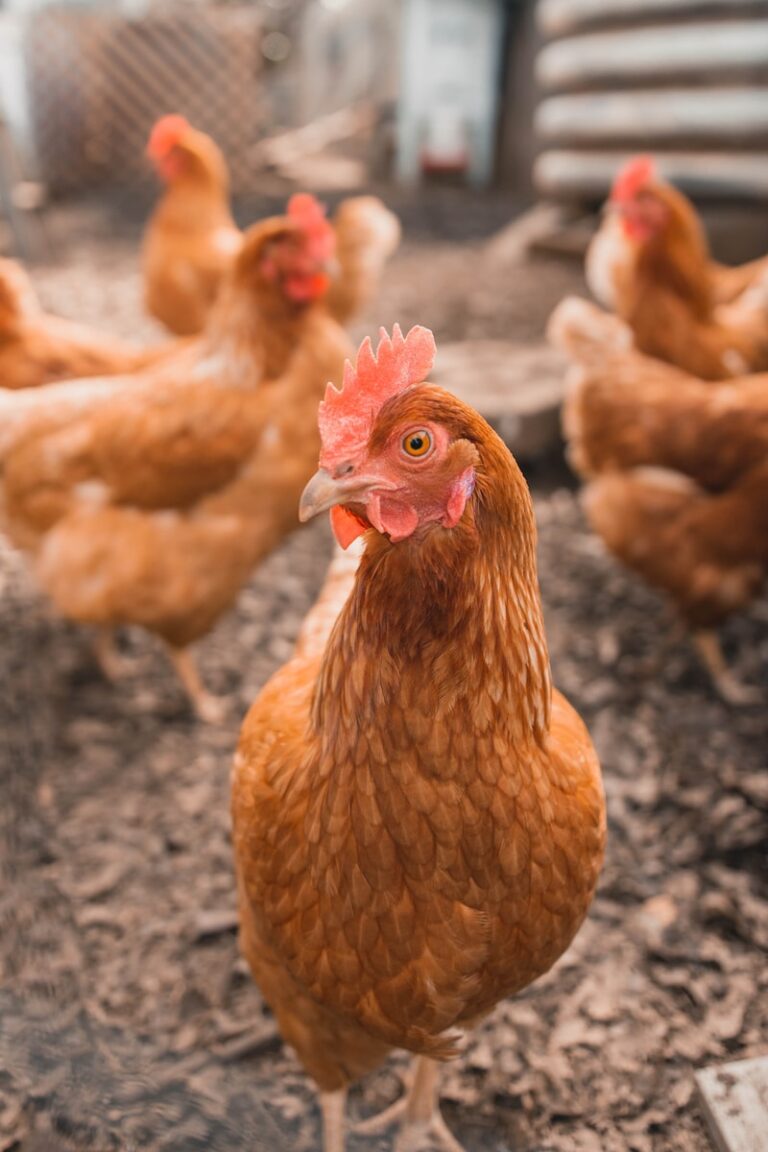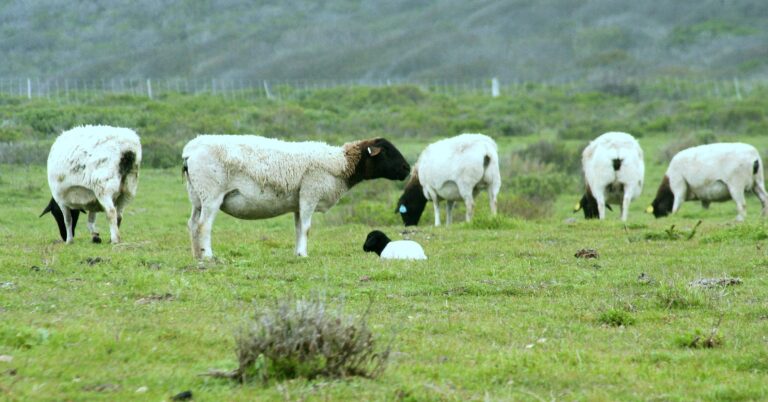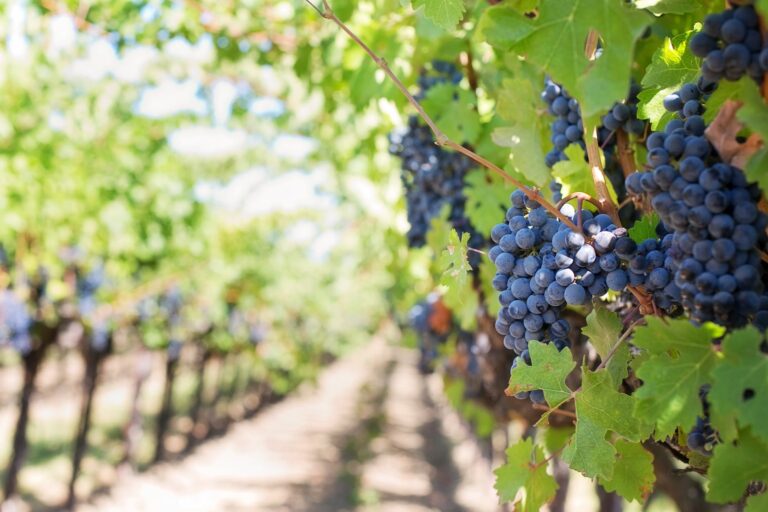Why Choose Galla Goats for Your Farm?
Choosing the right breed of livestock is crucial for any farmer, especially in regions with challenging climates. Galla goats, also known as Somali goats, have become a popular choice for farmers due to their adaptability, high-quality meat production, and strong market potential.
In this article, I will explore the many advantages of farming Galla goats and why they might be the perfect addition to your farm.
Adaptability to Harsh Climates
One of the most compelling reasons to choose Galla goats is their remarkable adaptability to harsh climates. Originating from the arid and semi-arid regions of East Africa, Galla goats are well-suited to survive in environments with limited water and sparse vegetation.
They are efficient foragers, primarily browsing on shrubs, leaves, and other vegetation that many other livestock species would overlook. This ability to utilize low-quality forage makes Galla goats a low-maintenance option, requiring less supplementary feed compared to other breeds.
Additionally, Galla goats are naturally resistant to many common diseases, further reducing the need for frequent veterinary care. This resilience makes them an ideal choice for farmers in regions where access to veterinary services may be limited.
High-Quality Meat Production
Galla goats are primarily raised for their meat, which is highly prized for its quality. The meat of Galla goats is lean, tender, and flavorful, making it a favorite among consumers. This quality is a significant factor in the growing demand for Galla goat meat in local and international markets.
Moreover, Galla goats have a fast growth rate, allowing them to reach market weight relatively quickly. This rapid growth translates into shorter production cycles and quicker returns on investment for farmers. Additionally, Galla goats provide a high meat yield, making them a profitable choice for meat production. Their carcass quality is consistent, ensuring that farmers can meet market standards and achieve better pricing.
Reproductive Efficiency
Another advantage of Galla goats is their high reproductive efficiency. Galla goats are known for their high fertility rates, with does often giving birth to twins or even triplets. This prolific breeding means that farmers can quickly expand their herds, increasing production without substantial additional costs.
Galla goats also reach sexual maturity at a young age, enabling quicker herd expansion. Early maturity, combined with high fertility, makes Galla goats an excellent choice for farmers looking to maximize their output. Furthermore, Galla goats have low mortality rates among kids, contributing to a stable and growing herd.
Economic Viability
Galla goats are a cost-effective option for farmers, offering low input costs and high returns. Due to their adaptability and disease resistance, Galla goats require less feed and healthcare compared to other breeds. This reduced need for inputs means that farmers can achieve higher profit margins.
In addition to the lower costs, there is a growing demand for Galla goat meat, both locally and internationally. This demand translates into better market prices and greater profitability for farmers. Galla goats also contribute to sustainable farming practices. Their grazing habits help manage vegetation, preventing overgrazing and promoting land regeneration. By raising Galla goats, farmers can maintain a balanced ecosystem while ensuring a steady income.
Versatility in Farming Systems
Galla goats are versatile and can be successfully raised in various farming systems, making them suitable for both small-scale and commercial operations. Whether you are a smallholder farmer with limited resources or managing a large-scale operation, Galla goats can adapt to your farming system. They can be integrated into mixed farming systems alongside other livestock, such as cattle or sheep, enhancing overall farm productivity. This versatility makes Galla goats a valuable asset to any farm, regardless of size or focus.
Long-Term Benefits
In the face of climate change and unpredictable weather patterns, the resilience of Galla goats makes them a reliable choice for long-term farming. Their adaptability to changing climates ensures that they can continue to thrive even as environmental conditions shift. Moreover, there is significant potential for improving herd genetics through selective breeding. By focusing on desired traits such as growth rate, meat quality, and disease resistance, farmers can enhance the productivity of their Galla goat herds, leading to even greater benefits over time.
Conclusion
Galla goats offer numerous advantages that make them an excellent choice for farmers, particularly in regions with challenging climates. Their adaptability, high-quality meat production, reproductive efficiency, and economic viability position them as a profitable and sustainable option for livestock farming. Whether you are just starting or looking to expand your farming operation, Galla goats provide a versatile and reliable solution.
If you’re interested in learning more about Galla goat farming, be sure to explore the other articles in this series. You’ll find detailed information on topics such as breeding, feeding, health management, and more.



